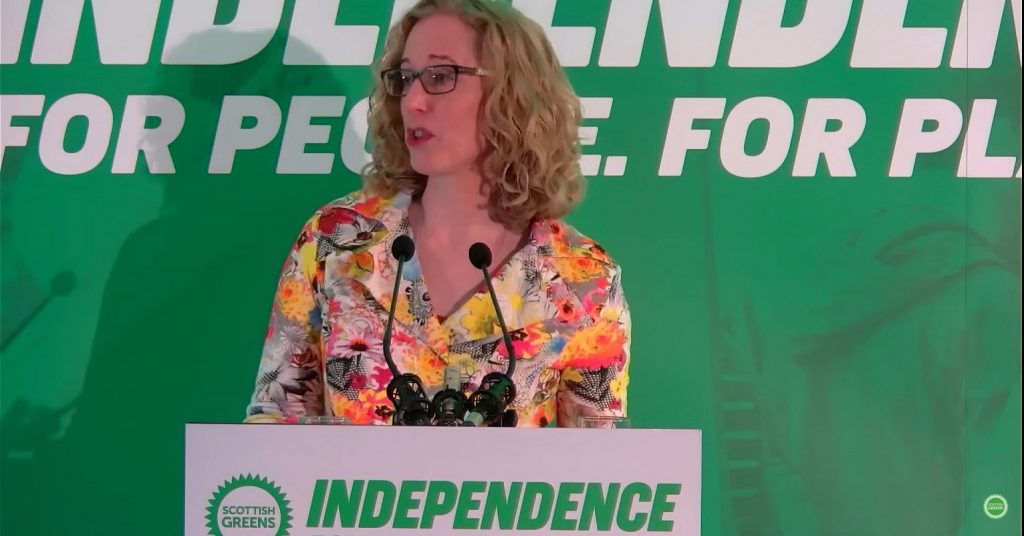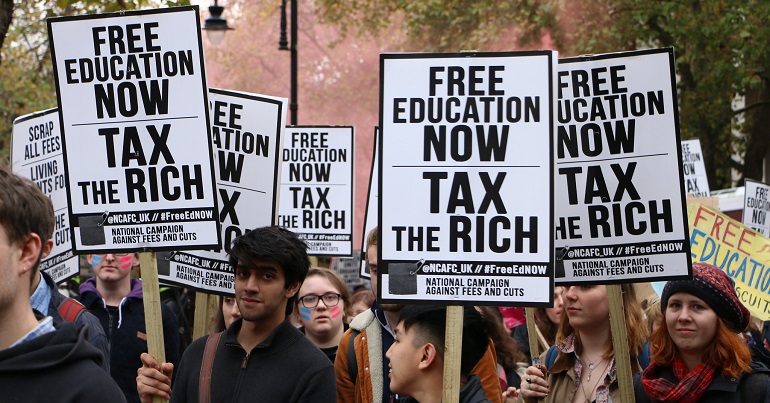Nicola Sturgeon’s Great Gamble
Earlier this week, the Scottish Parliament voted to support First Minister Nicola Sturgeon’s call for a Second Referendum on Scottish Independence. Yesterday, Theresa May triggered Article 50. Now seems as good at time as any to question why the First Minister has decided to make such a high-stakes gamble when currently, there is no evidence that the majority of Scots are in favour of anything other than staying in both the EU and the UK.
It would appear Sturgeon now believes that enough Scots will be frightened by the prospect of losing their European citizenship that it will override their desire to remain in the United Kingdom. Here is the thing though- that calculation rests entirely on the assumption that Britain leaving the EU is inevitable, or almost inevitable. The truth is it is anything but.
The Second Scottish Referendum on Independence (or “Indyref2”, for short) will itself likely be at least two years in the future, even if Sturgeon gets her way, and a huge amount of things are going to happen in that time. Firstly, with the triggering of Article 50, a variety of announcements will be made and then contradicted (by both sides) and leaks will come out and be disputed. All sorts of groups and vested interests will make their views known and try to exercise what leverage they have from “the 48%”, to business groups, the labour movement, various factions in the political parties and obviously Donald Trump. All of that is going to cause unparalleled levels of uncertainty and people, ultimately, do not like uncertainty.
Secondly, the anger of many Remainers, which is palpable, is unlikely to go away. More importantly, they now have a voice box in Parliament in the form of the Liberal Democrats, who are exploiting their position as champions of the continuity-remain cause to win elections. If this trend continues, it is not inconceivable to imagine the same sort of pressure being exerted on the Labour Party by the Remainer movement as UKIP once terrified the Conservatives into calling the Referendum in the first place – simply by the threatening to split the vote at the ballot box (remember that the two-thirds of the Labour Party’s supporters voted remain). The facts have not changed; the whole reason the Eurosceptic Right of the ruling Conservative Party wanted out of Europe was to hold a “bonfire” of workers’ rights. While it may seem reasonable at the moment for Labour to argue for a soft-Brexit that protects the later, it will become harder and harder over time to justify supporting the current government’s Brexit plan as it becomes increasingly evident that the Government has no intention of doing that – a Second Referendum, or a General Election, will become the only ways of preventing a catastrophic Tory-led hard Brexit.
And Labour’s position matters. It is by far the biggest, most well organised and funded obstacle standing in the way of the Eurosceptic Right’s ambitions. Last time round, the Labour Party was caught napping; most activists were exhausted by the local elections just two months before and in any case considered the result of the referendum inevitable. It is difficult to see history repeating itself this time round. If the Labour Party swung behind a second referendum, or even called for a general election on the issue, suddenly a hard Brexit seems far from inevitable. Party members are deeply imbedded in their communities, they have the largest membership of any Party in Western Europe and years of experience in elections mean they know how to use it. Even for reluctant remainers like Jeremy Corbyn himself, the possibility of such a popular cause célèbre potentially toppling the government may be too much to ignore.
With Article 50 being triggered, Sturgeon is betting on an inevitable event which does not yet exist and may never come to pass. Some may think that naïve and that the Tories have already won. But the uncertainty that remains is key. If the government were to succeed in creating a smooth negotiation and the conservative/mainstream media propaganda machine succeeds in painting a positive picture of a Hard Brexit in the minds of the overwhelming majority of Britons, then perhaps I will be proved wrong and a Hard Brexit will become inevitable, and then Sturgeon’s political calculation makes nothing but perfect sense. But if chaos and uncertainty reign, as I think it will over the next two years, her actions this week will seem nothing but a reckless gamble.





Leave a Reply